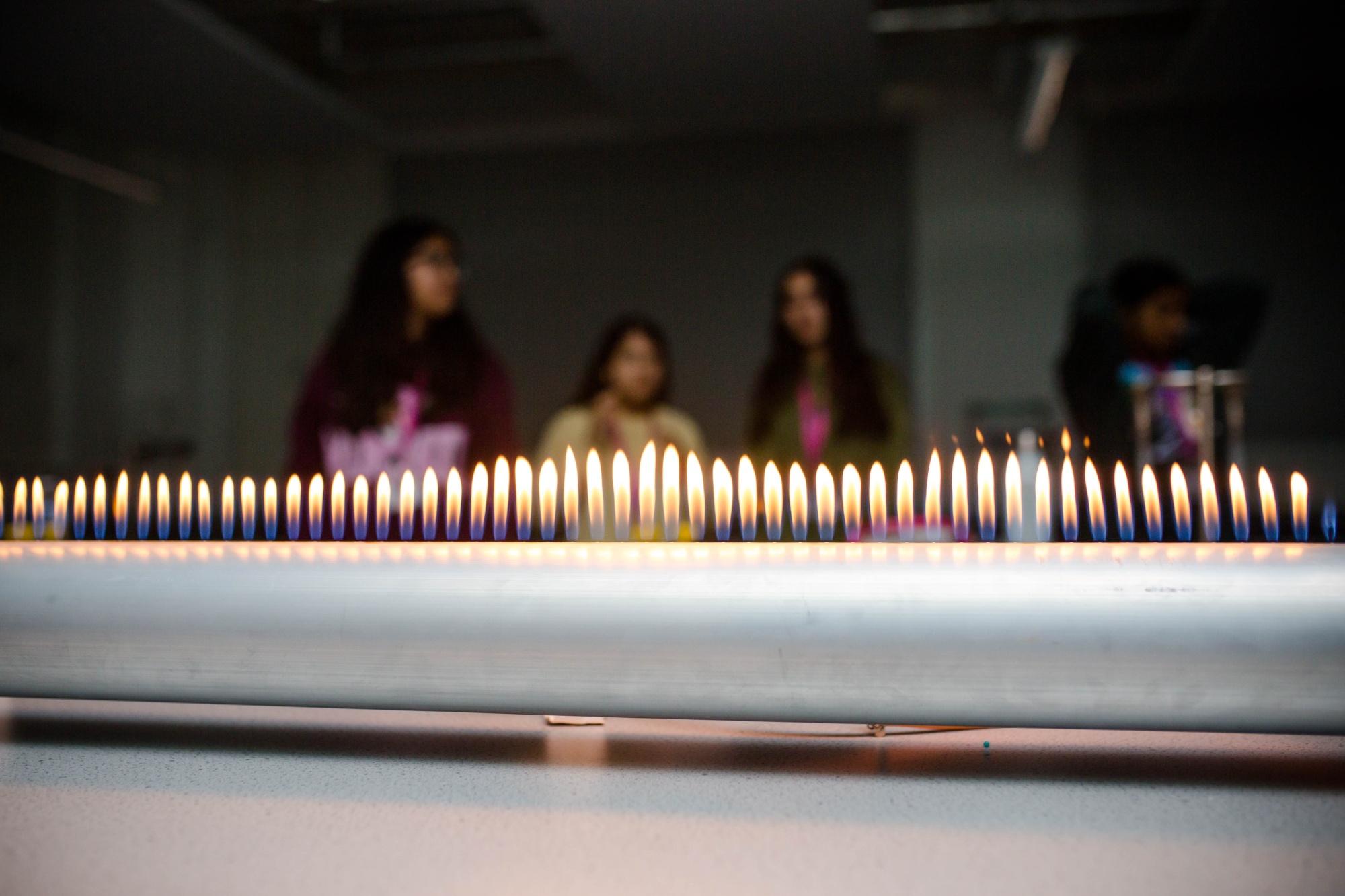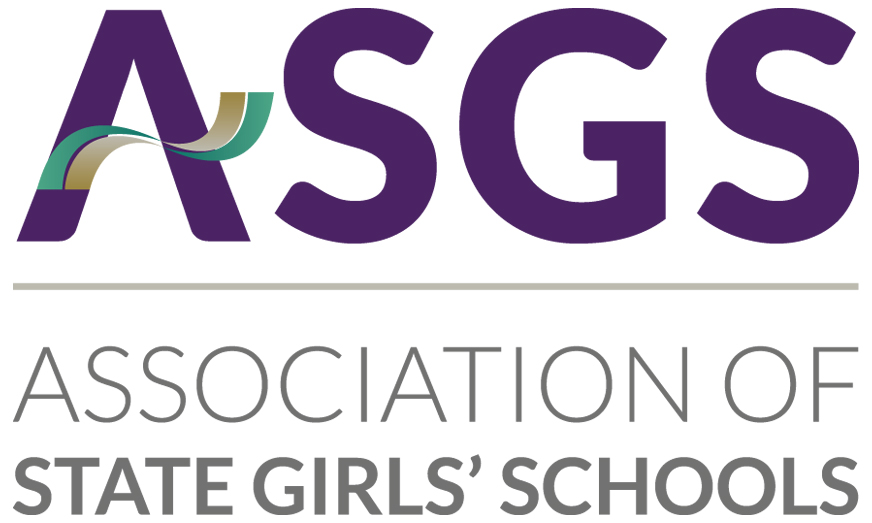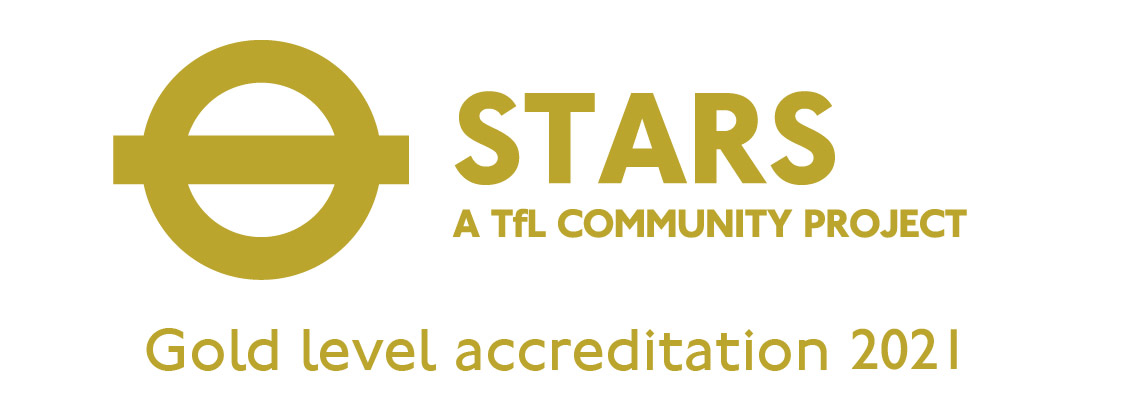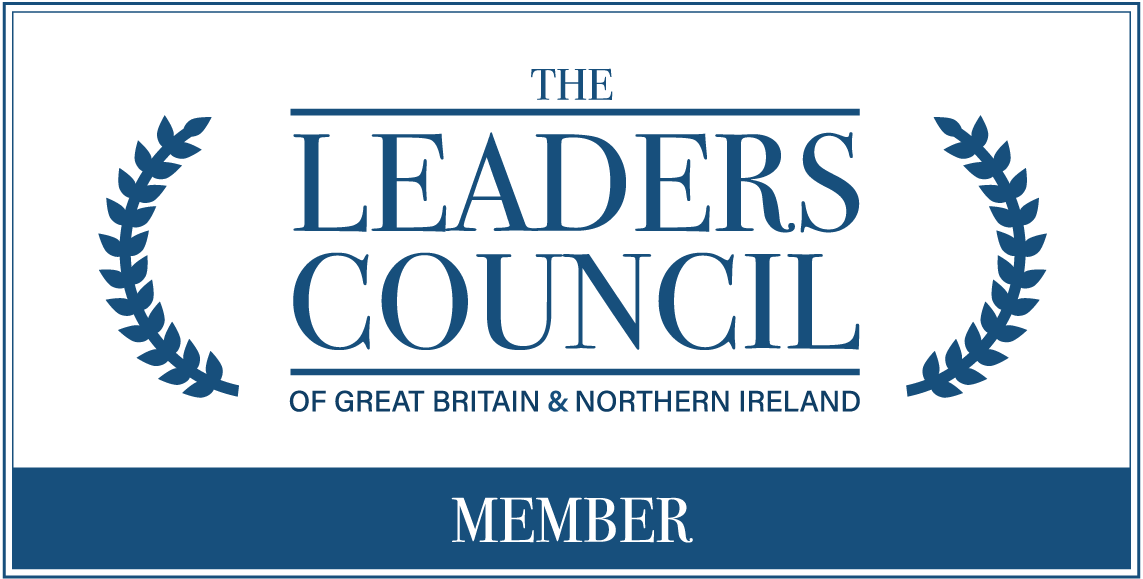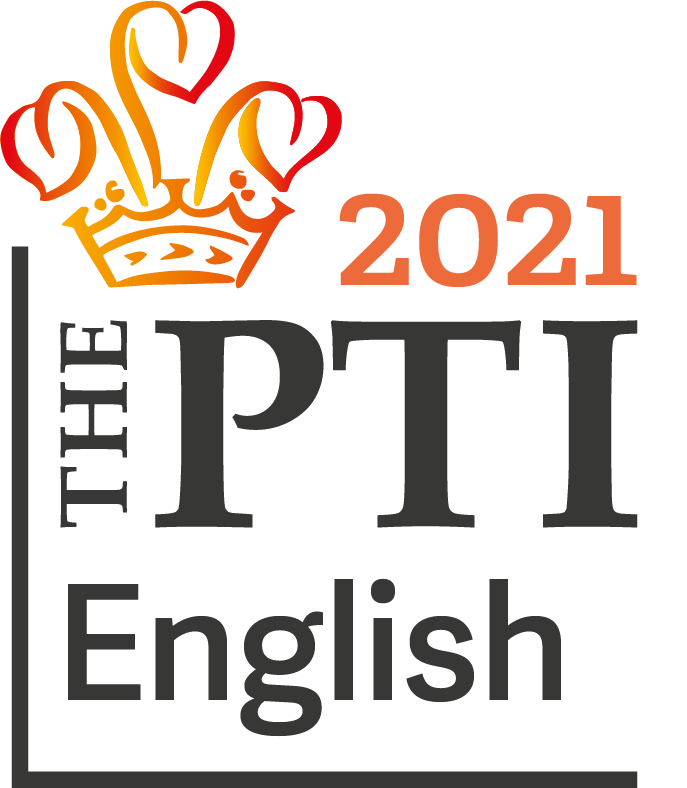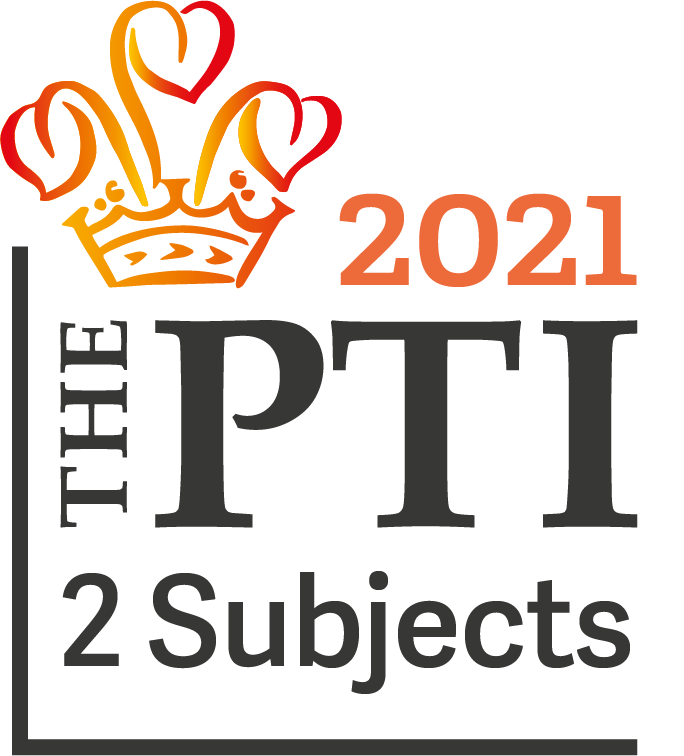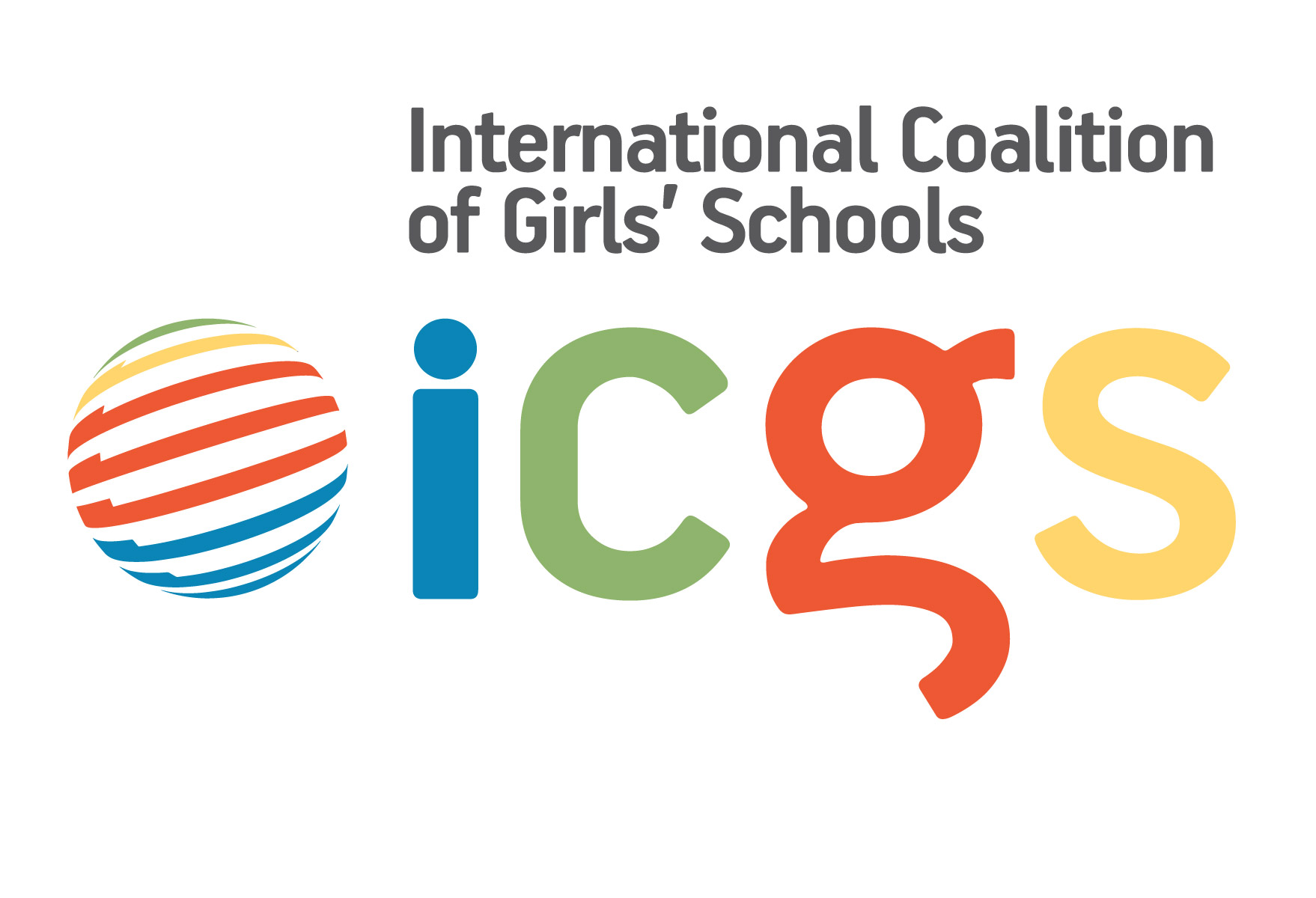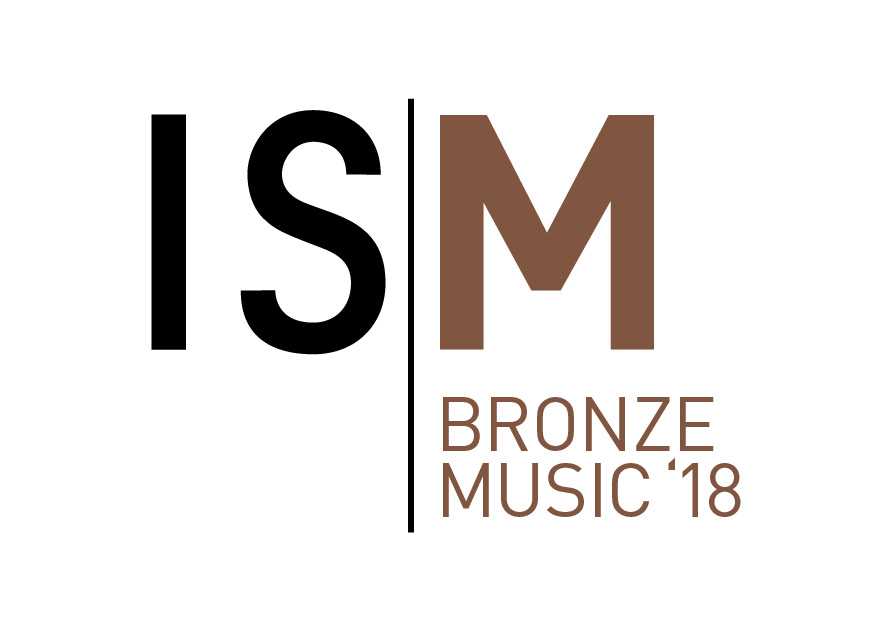Why study Physics?
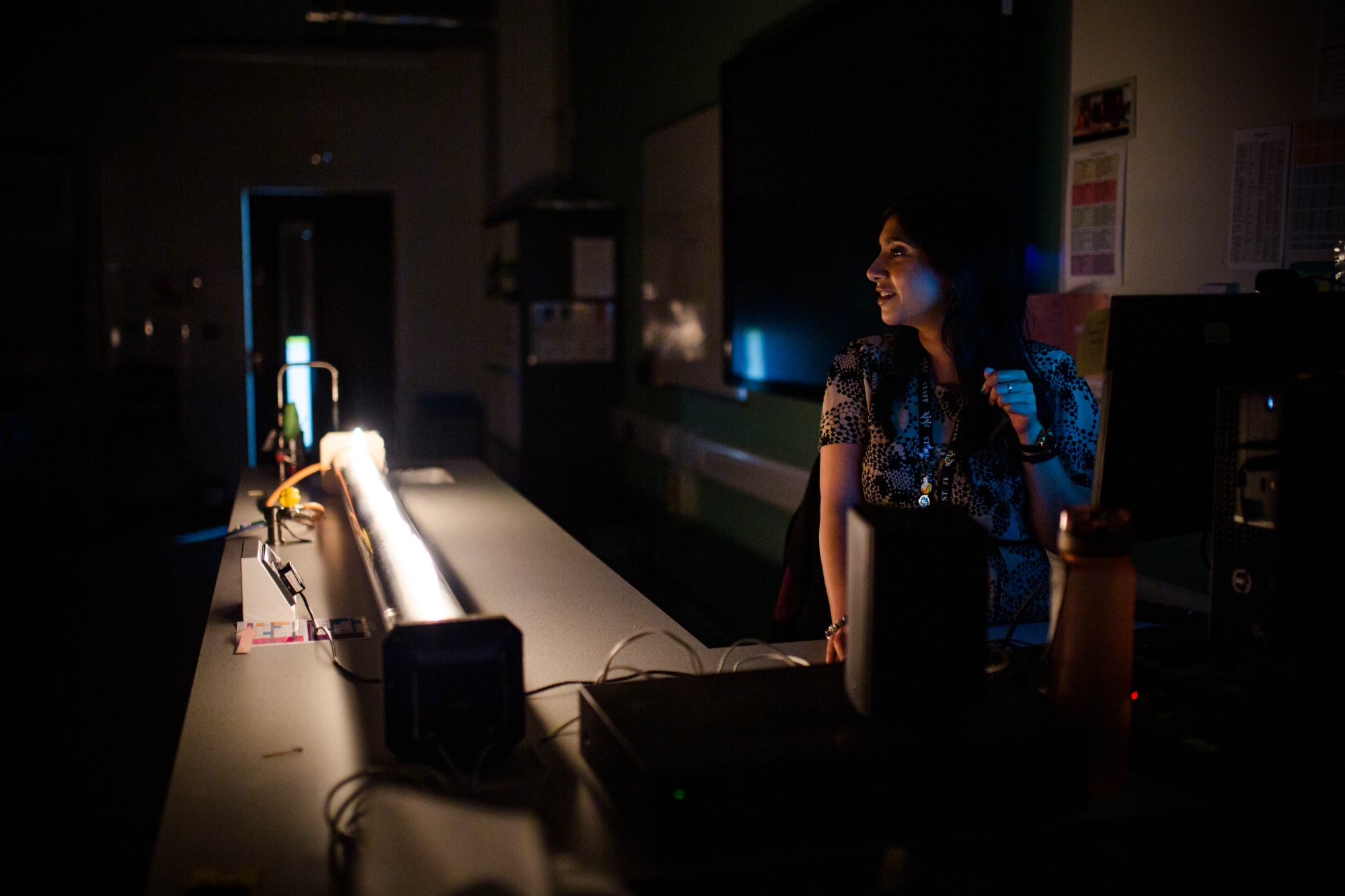
Physics is crucial to understanding the world around us, the world inside us, and the world beyond us. It is the most basic and fundamental science.
Physics challenges our imaginations with concepts like relativity and string theory, and it leads to great discoveries, like computers and lasers, that result in technologies which change our lives—from healing joints, to curing cancer, to developing sustainable energy solutions.
Physicists are problem solvers. Their analytical skills make physicists versatile and adaptable so they work in interesting places.
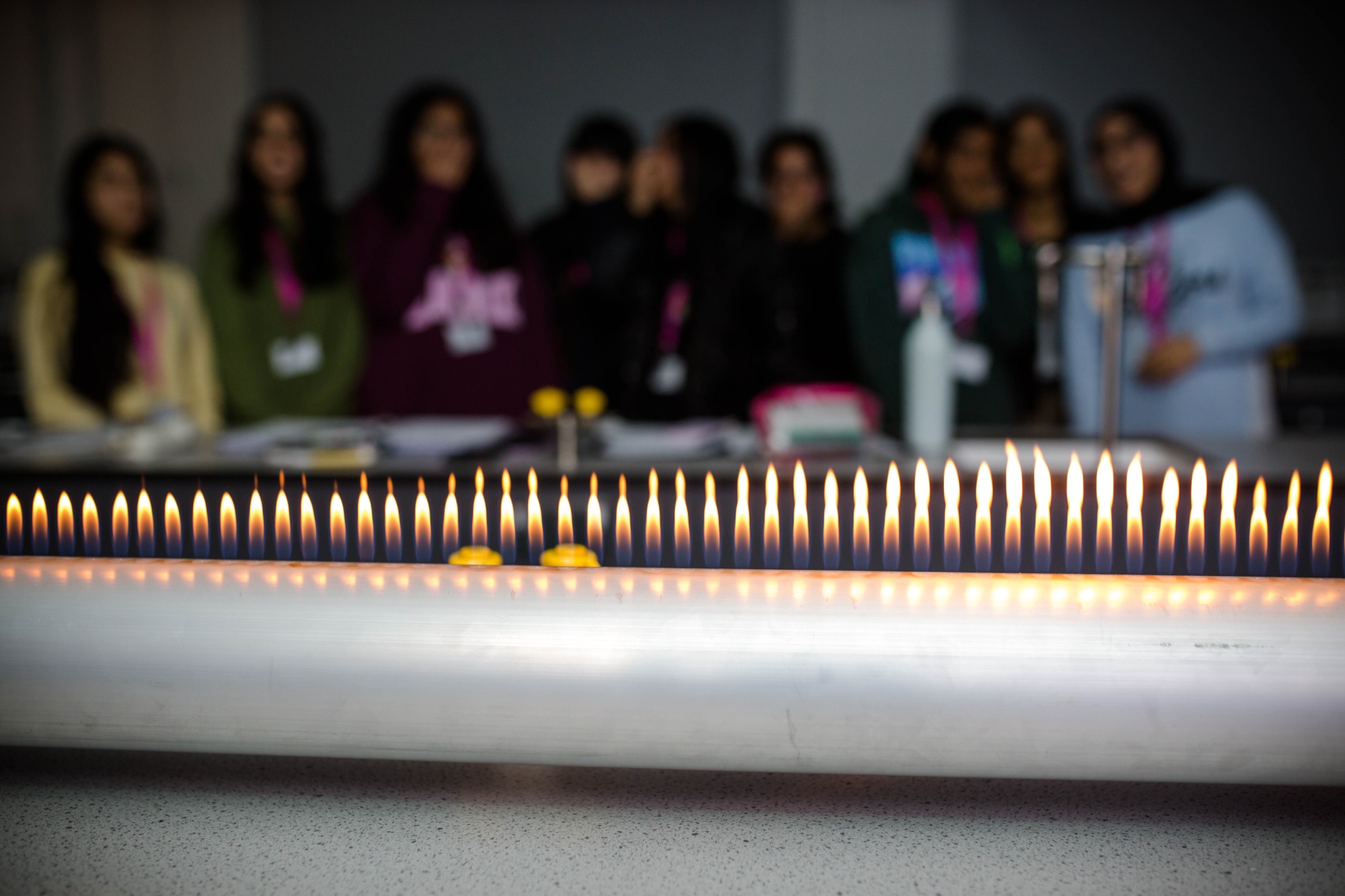
KS4: GCSE Physics (AQA)
Most students at Woodford study KS4 Physics over three years starting in Year 9. This allows our programme of study to sufficiently develop the application and practical skills the new 1-9 specification demands, building upon and complementing their fundamental knowledge and conceptual understanding.
Science learning at Woodford is underpinned by practical work. Whether it aims to demonstrate physical phenomena, develop students’ technical skills or their fluency with scientific apparatus and methods, students thrive in these engaging and hands-on learning environments, helping crystallise the abstract into the tangible.
Students in Year 9 study energy and electricity. Here, students build upon their prior learning given the more mathematical treatment of concepts and the more involved experiments using increasingly advanced apparatus. Students then progress onto the kinetic theory of matter, radioactivity and forces and motion in Year 10, before tackling waves, electromagnetism and space in Year 11.
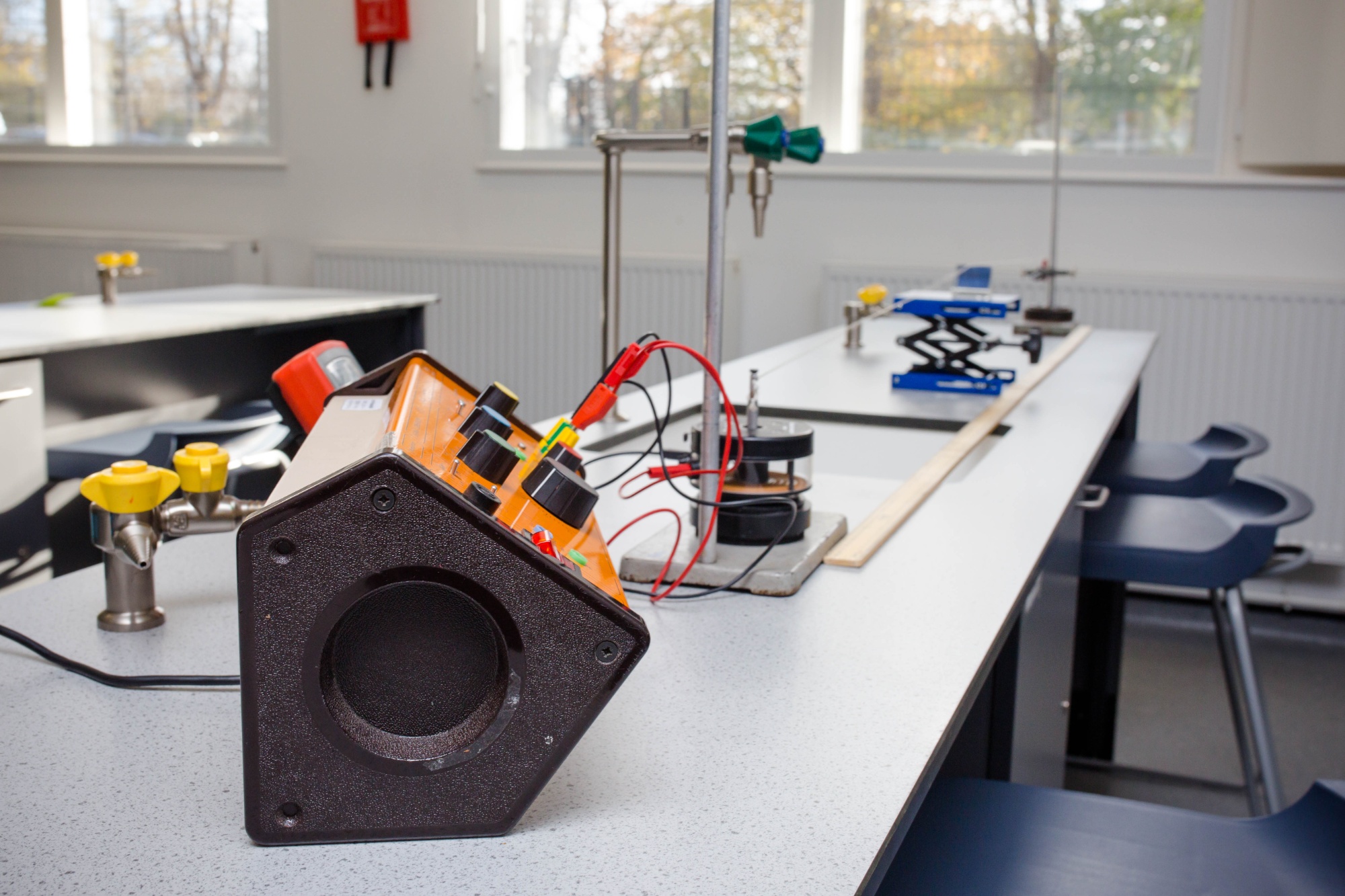
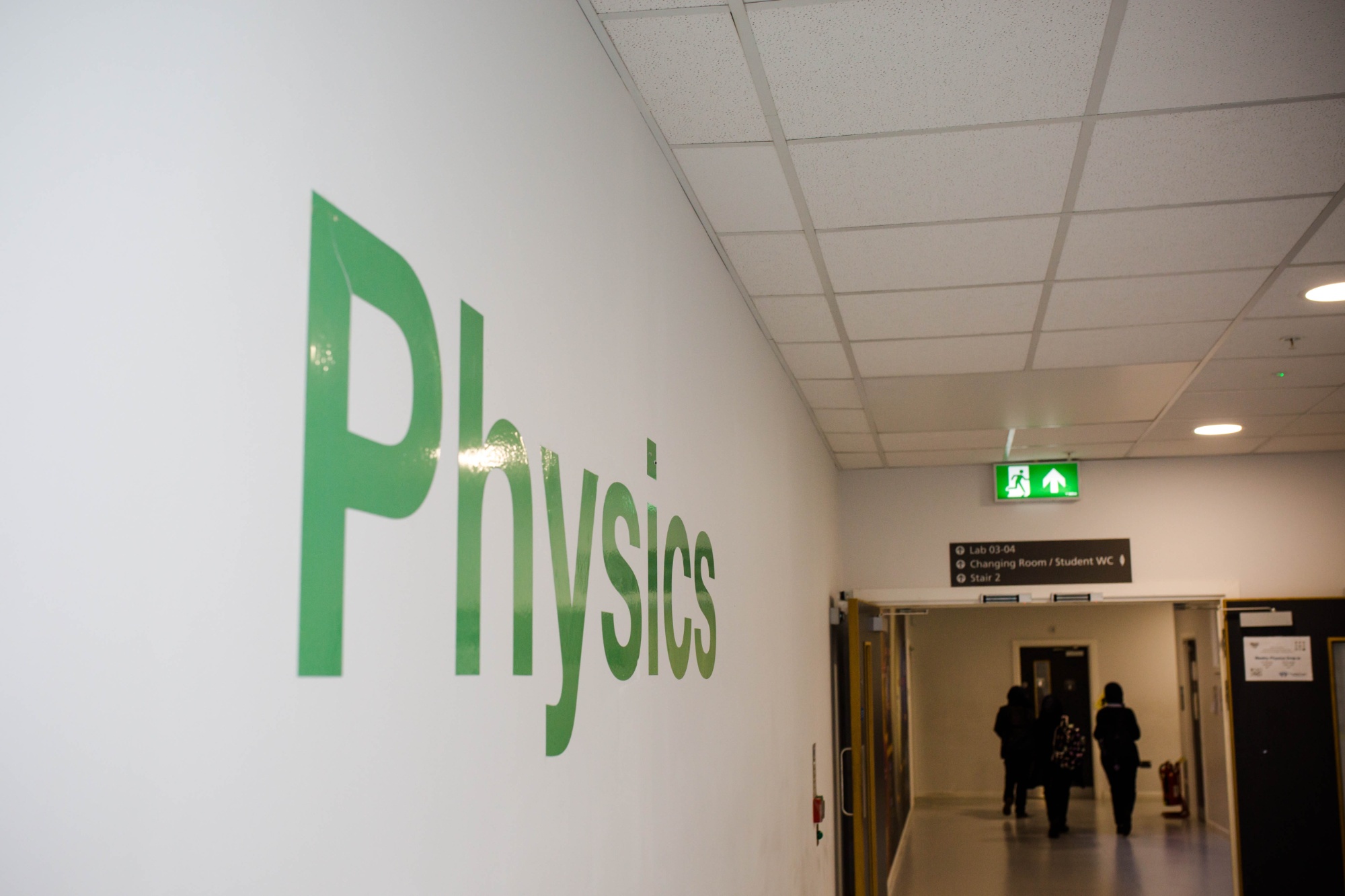
KS5: A-Level Physics (AQA)
Why Study Physics?
Physics is fundamental to our understanding of how everything works. By choosing to do Physics, you choose to study an enormously stimulating subject that is central to technological development. The diverse range of mathematical, analytical, application and practical skills cultivated over the course, complementing theory and conceptual understanding, renders Physics one of the most useful and widely sought after A-Levels. Mandatory for those aspiring to read physics or engineering at university, it is also becoming favoured in medicine courses.
Its challenging nature is the very reason why it is worth studying.
Course content
As with all A-Levels at Woodford, teaching is split across two teachers. In Year 12, students traverse mechanics and electricity with one teacher, conceptually delving deeper into topics they have studied already at GCSE, with a more robust mathematical treatment of vectors in particular. With their second teacher, students immerse themselves in the intricacies of waves and particle physics. Here, they are introduced to the paradigm-shifting photoelectric effect and wave-particle duality, as well as the quarks and leptons which make up the recipe of the universe and all its matter within.
In Year 13, students tackle concepts including periodic motion, thermodynamics, fields, nuclear physics and our choice of optional module – astrophysics.
Practicals
Programmes of study ensure that students develop the skills and confidence they will need to carry out practical work independently and safely in the laboratory. The twelve investigations students will complete for their required practical endorsement will be complemented by other experiments in lessons. It is ensured that should students study a practical-based degree, they will have the prerequisite practical competencies in order to be successful at university and beyond.
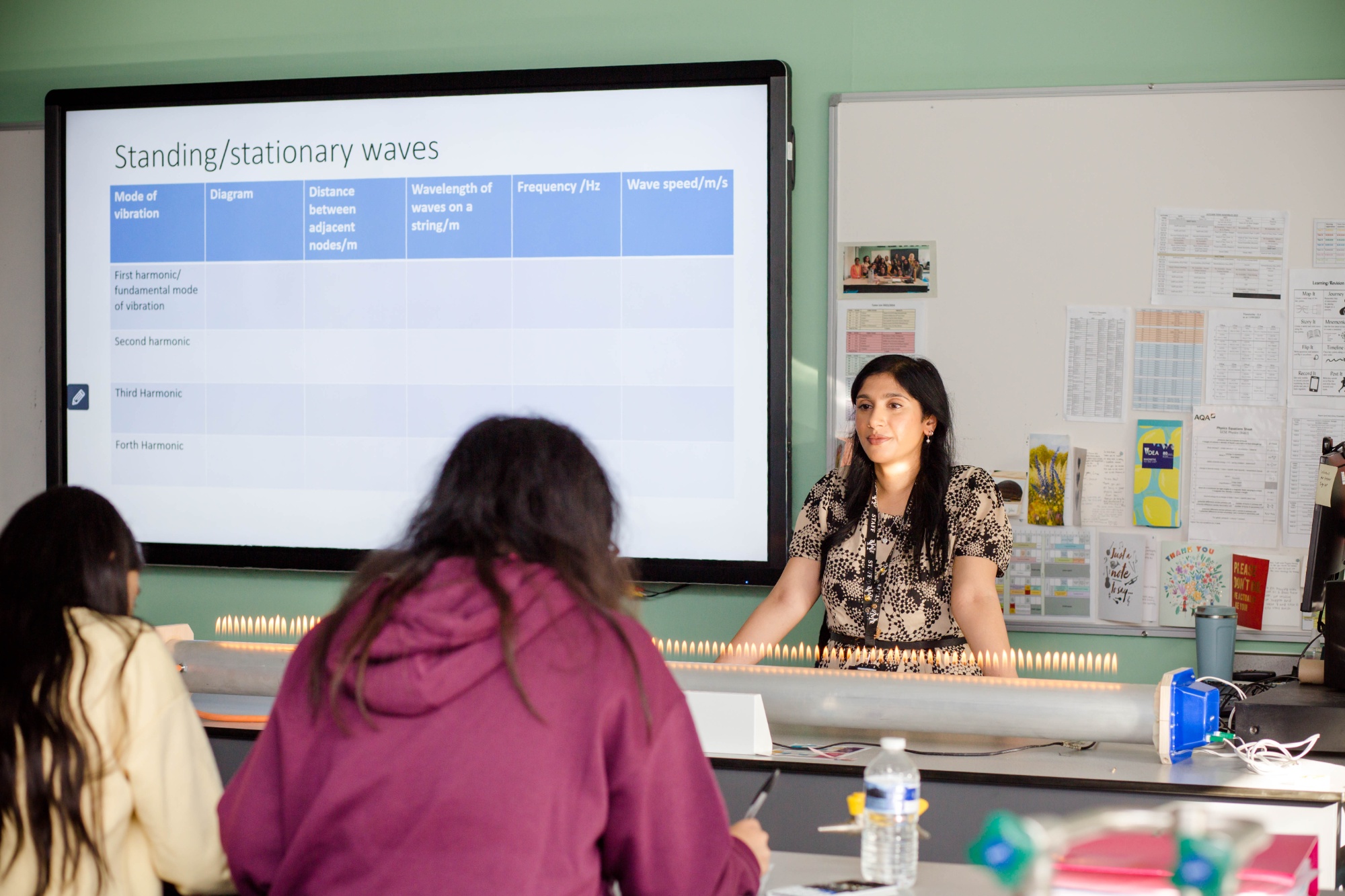
Enrichment
There are a host of annual education visits, which showcase to students where their physics studies can take them. Amongst these are the Year 9 visit to Physics at Work, an exhibition of various faculties and physics-related companies at the Cavendish Laboratory, University of Cambridge. In addition, A-Level students attend the Physics in Action conference in central London, where eminent science communicators and physics researchers give talks in their specialist fields and expose students to new, cutting edge technologies. Finally, Year 12 students also have the opportunity to visit CERN in Geneva, the frontier of experimental physics. Here, scientists are probing the fundamental structure of the universe in the largest scientific collaboration worldwide. Particles are being accelerated 100 m underground in a circular tunnel 27 km in diameter, with the hope of detecting unknown particles to help unlock the mysteries of the early universe
Future Pathways
Career destinations for Physics graduates are virtually endless: scientific research of innumerable fields, engineering, finance, programming, law, journalism, etc.
Recommended Reading
Recommended reading is contained within the Word document attached below.










